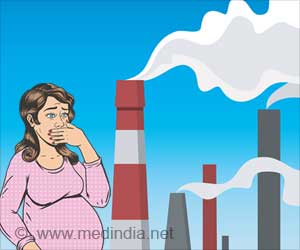A three-day conference pertaining to effects of global warming on melting glaciers in the Himalayan region of Jammu and Kashmir commenced in Srinagar.
A three-day conference pertaining to effects of global warming on melting glaciers in the Himalayan region of Jammu and Kashmir commenced in Srinagar.
The conference is being attended by numerous ecological experts from various parts of the world, who are worried about the rate at which surface air temperatures in the country are rising, which is having a severe affect on the glaciers.Various studies show that the surface air temperature has being going up at the rate of 0.4 degrees Celsius every 100 years. The studies also found that winter temperatures could increase by as much as 3.2 degrees Celsius in the 2050s, while summer temperatures could go up by 2.2 degrees Celsius in the 2050s.
According to the experts participating in the function, higher temperatures would mean that the Himalayan glaciers will melt at a faster rate and as the melting season coincides with the monsoon season, any intensification in the monsoon is likely to contribute to flood disasters in the region.
"Well, if you talk about Kashmir and you look at the statistics of climate change, it is melting faster here than any other place in the world. And that's going to have a dramatic effect in Kashmir and Pakistan, because it is already affecting water levels. And when we talk about these things in Kashmir, it affects the entire world," said Sally Dotre, an expert from Cambridge University.
"Any kind of conflict may arise here as the next issue in this world is going to be fight over water. So, that's going to have a global impact on everyone," Dotre added.
Meanwhile, several other experts expressed fear that the Government might not be able to cope with the sudden changes, which might occur consequent to the melting of glaciers.
Advertisement
"We may not have the infrastructural knowledge to cope with it. So, in a sense it's alarming. I don't see it as a threat in strict sense. Threat is a clear and it's a complex issue," she added.
Advertisement
Experts also fear that the melting glaciers may have an adverse impact on biodiversity, hydropower, industries and agriculture and make the region dangerous to live in.
India is among the countries most threatened by climate change about which experts have warned that rising temperatures will lead to more floods, heat waves, storms, higher sea levels and unpredictable farm yields.
The melting also causes lakes to form at the base of glaciers, lakes that can subsequently burst their banks as temperatures continue to rise, which could have devastating effects downstream.
Source-ANI
ARU








